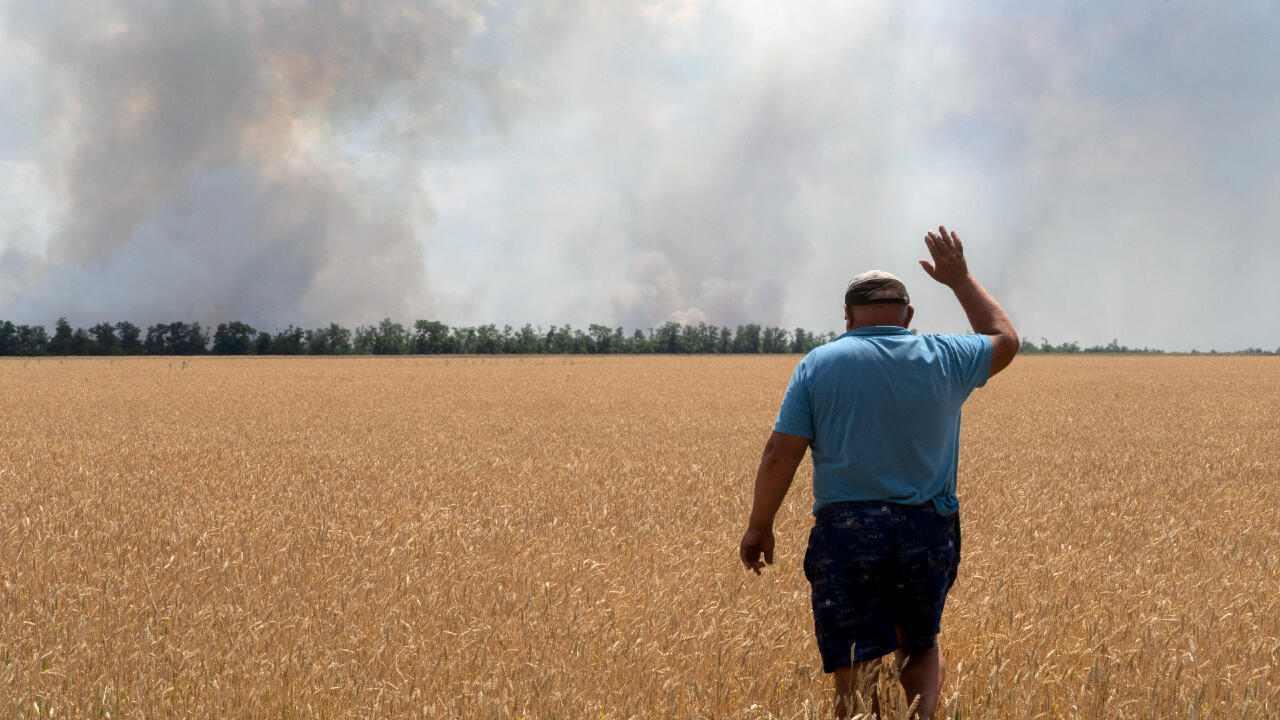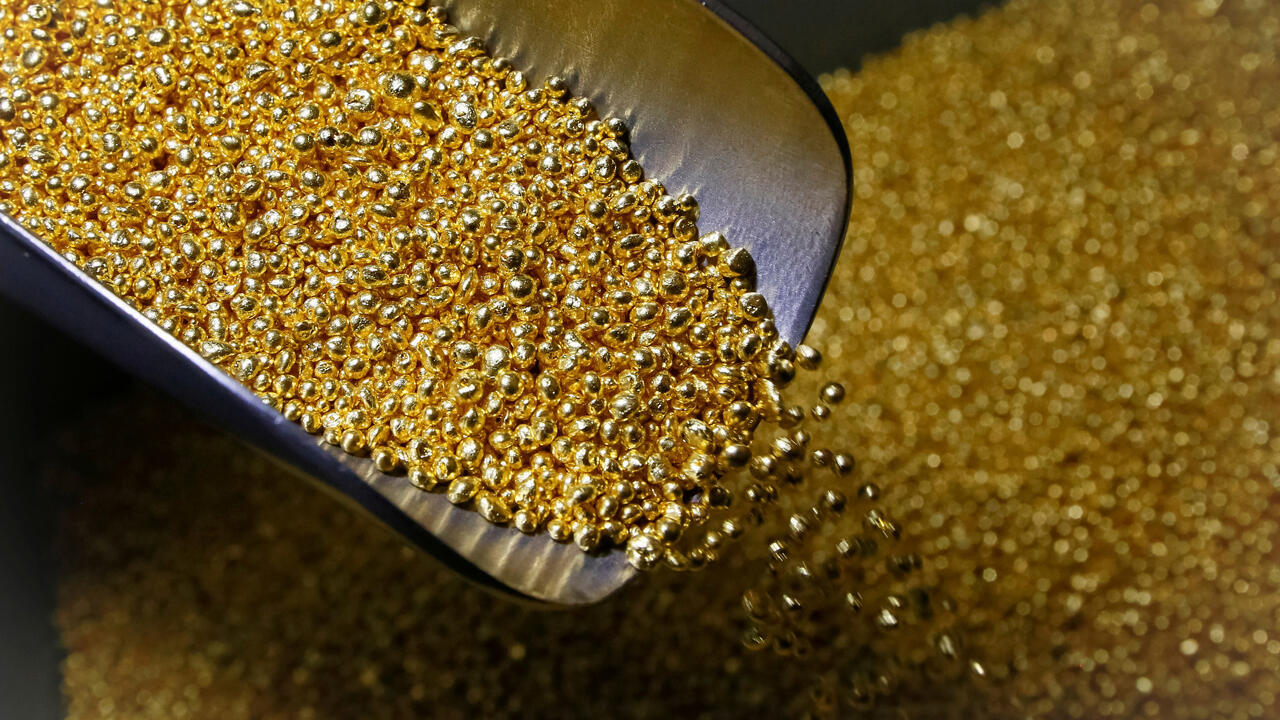First modification:
With the mediation of the United Nations and Turkey, Russia and Ukraine signed a key agreement on July 22 that allows kyiv to resume the shipment of grains and fertilizers to the world, trapped in the ports after the war launched by Moscow. The blockade of one of the world’s largest exporters of wheat, corn and sunflower oil threatened the planet’s food security.
It is a key agreement to stop the worsening of the famine of up to 181 million people in the world.
After weeks of discussions, the UN Secretary General, António Guterres, and the President of Turkey, Recep Tayyip Erdogan, supervised the signing of the pact that it allows Ukraine to resume its shipment of grains from the Black Sea to world markets, and Russia the export of grains and fertilizers.
Ukraine is one of the world’s largest exporters of wheat, corn and sunflower oil, but the blockade of its ports amid the war launched by the Kremlin on February 24 has halted its shipment.
The situation has threatened global food security and pushed up the prices of vital staples such as wheat and barley.
Some of the grain is transported across Europe by rail, road, and river. However, that amount is small and insufficient compared to what was transported by sea routes before the war.
Now, the signing of the agreement raises hopes of alleviating the shortage.
Turkey’s Foreign Minister, Mevlut Cavusoglu, assured on the eve of the signing that this step is the first “to resolve the current food crisis.”

In Washington, State Department spokesman Ned Price assured that the United States welcomes what was agreed in principle. “But what we are focusing on now is holding Russia accountable for implementing this agreement and allowing Ukrainian grain to reach world markets. It has been too long since Russia has enacted this lockdown,” Price said.
The sides reached the pact after last week they moved closer to a tentative deal, which provides that Ukraine can export 22 million tons of desperately needed grain and other agricultural products currently stuck in Black Sea ports.
How would the agreement be implemented?
The pact provides for the establishment of a control center in Istanbul, which will be staffed by UN, Turkish, Russian and Ukrainian officials, who will manage and coordinate grain exports. The ships would be inspected to make sure they are carrying these foods and fertilizers and not weapons. It also provides for the safe passage of boats.
The Russian state news agency TASS reported that three Ukrainian ports would be reopened, including Odessa, the largest export hub.
Some 20 million tons of grain are stuck in that port city and dozens of ships have been stranded by the Moscow offensive.

In addition, diplomats noted last week that details of the plan included Ukrainian vessels that will guide grain-carrying ships through port waters with Turkey to allay Russian concerns that they could transport weapons to Ukraine.
Russian and Ukrainian authorities have blamed each other for grain blockades. Moscow has accused kyiv of failing to remove sea mines from ports to allow safe shipping, but Russia has also insisted on its “right” to control incoming ships, because they could carry weapons for the Ukrainian military.
For its part, Ukraine has sought international assurances that the Kremlin will not use safe corridors to attack the Black Sea port of Odessa.
The authorities of the attacked country have also accused Moscow of stealing grain from its eastern regions to sell it and of deliberately bombing Ukrainian fields to set them on fire.
With Reuters and AP







![[Img #74675]](https://thelatestnews.world/wp-content/uploads/2024/12/They-discover-a-new-class-of-X-ray-sources-in-the-150x150.jpg)





Add Comment